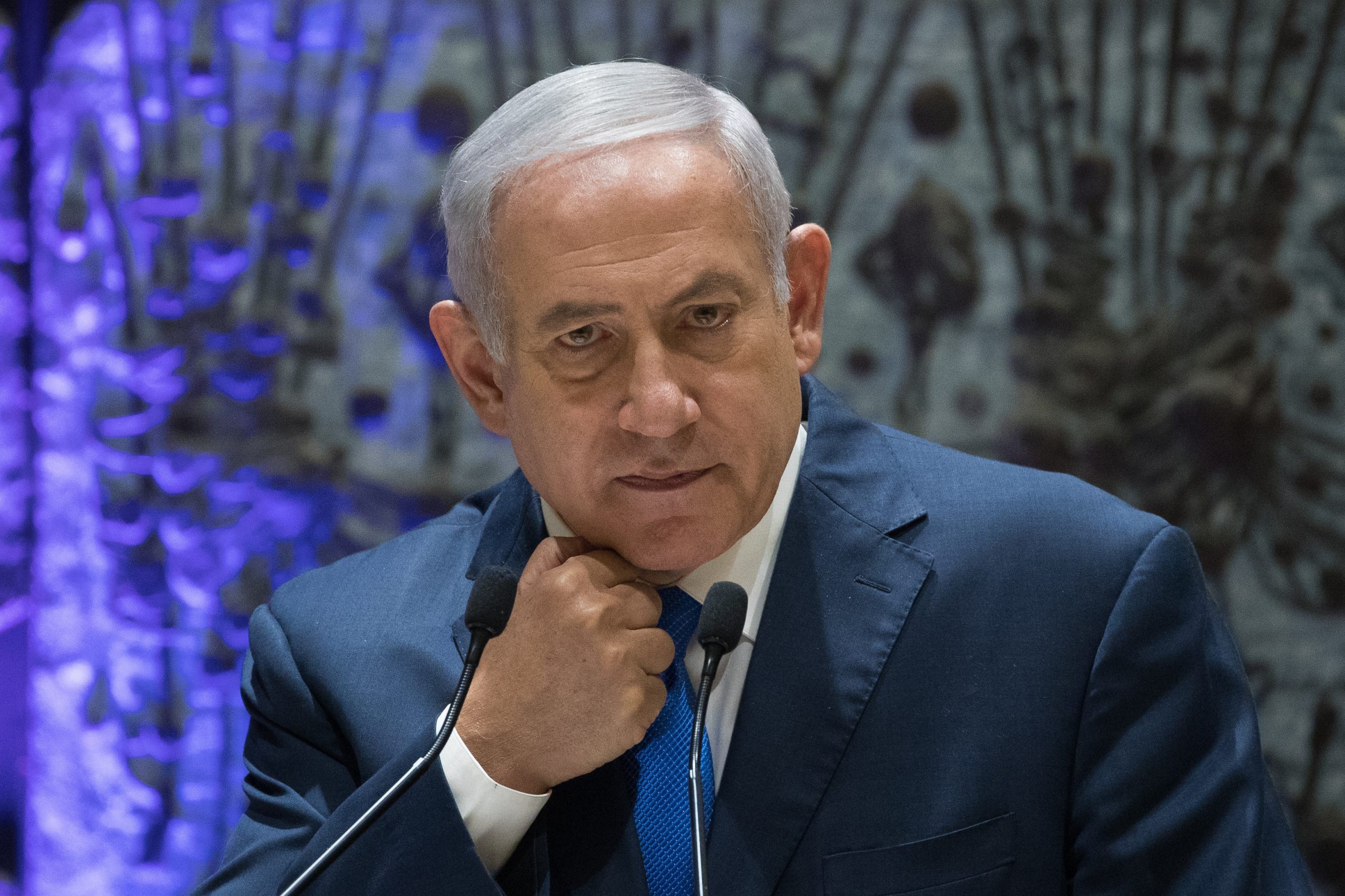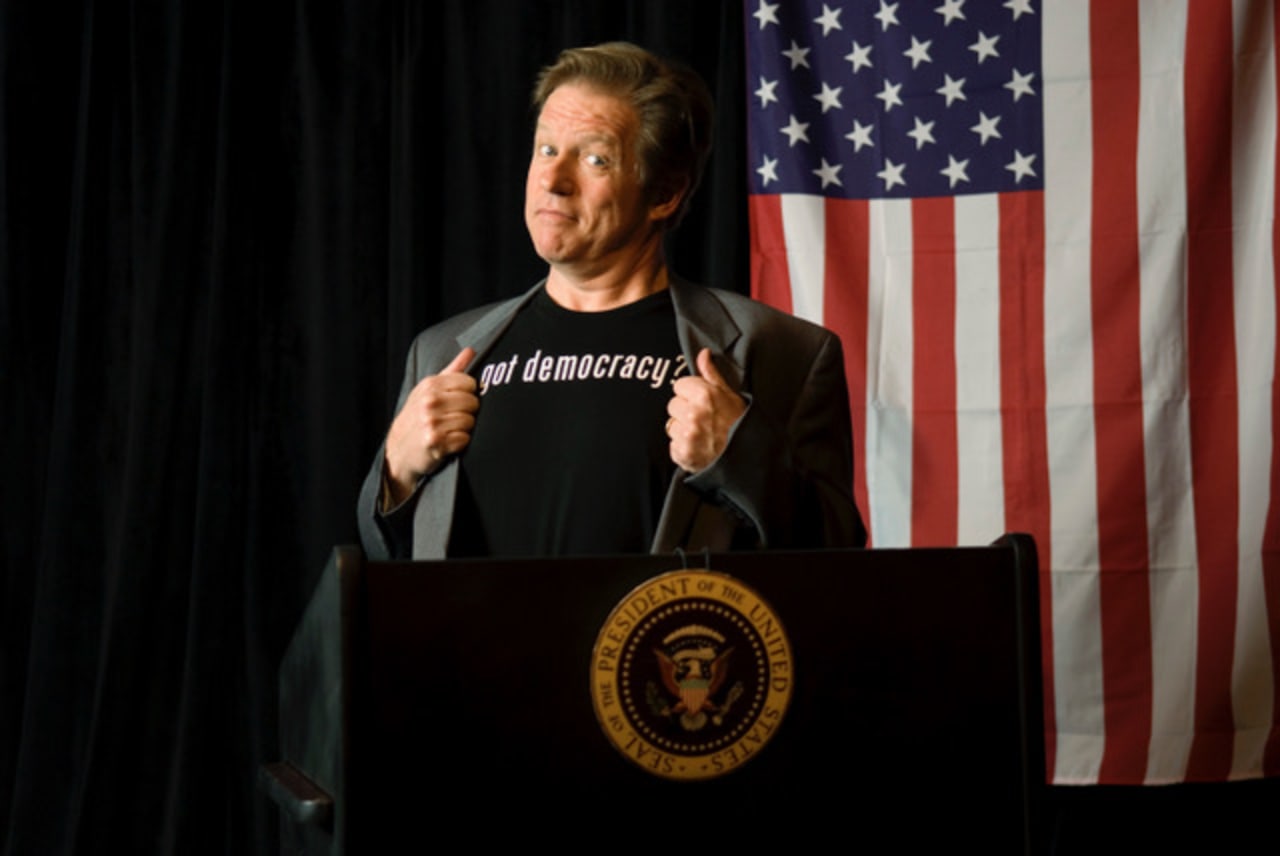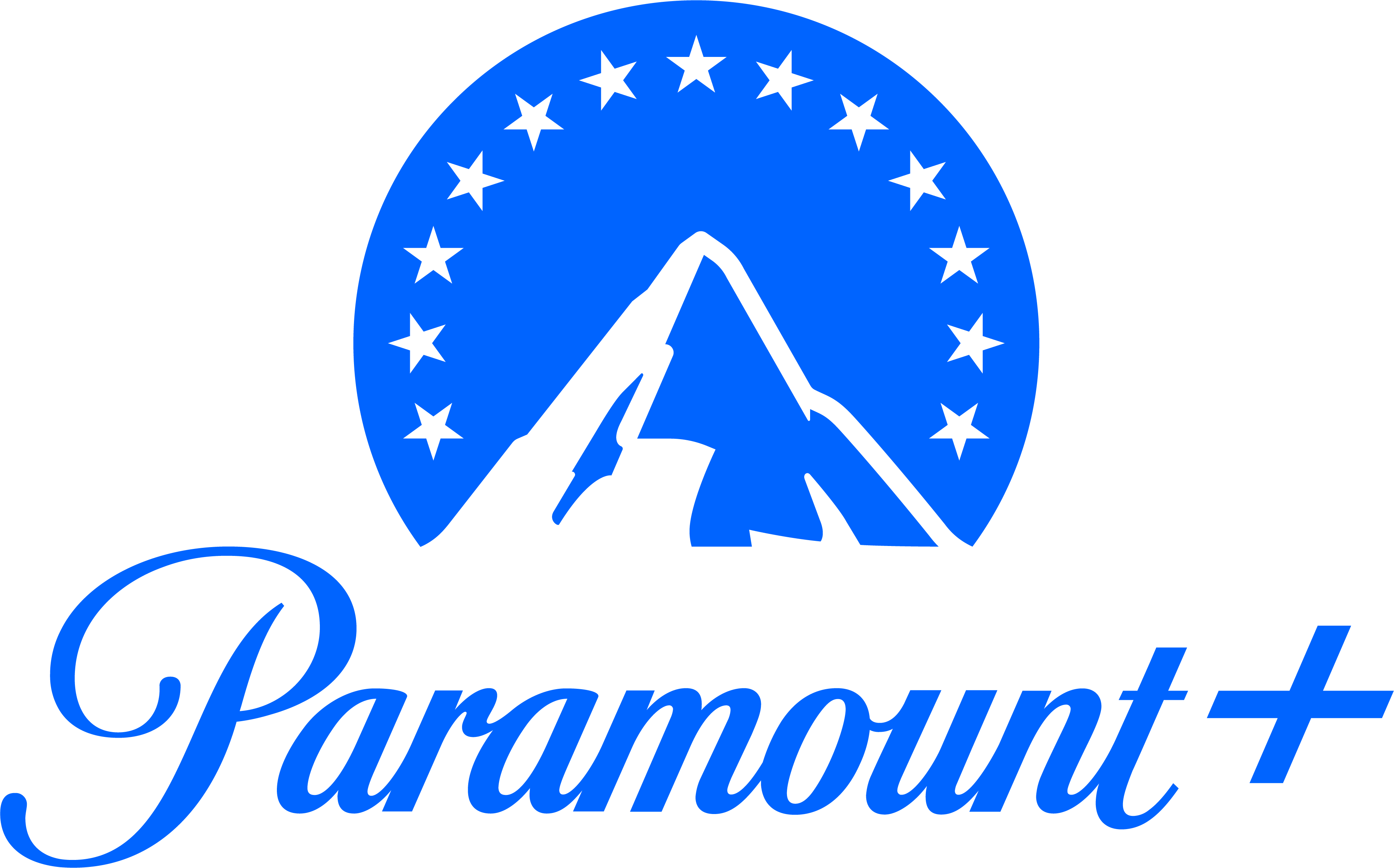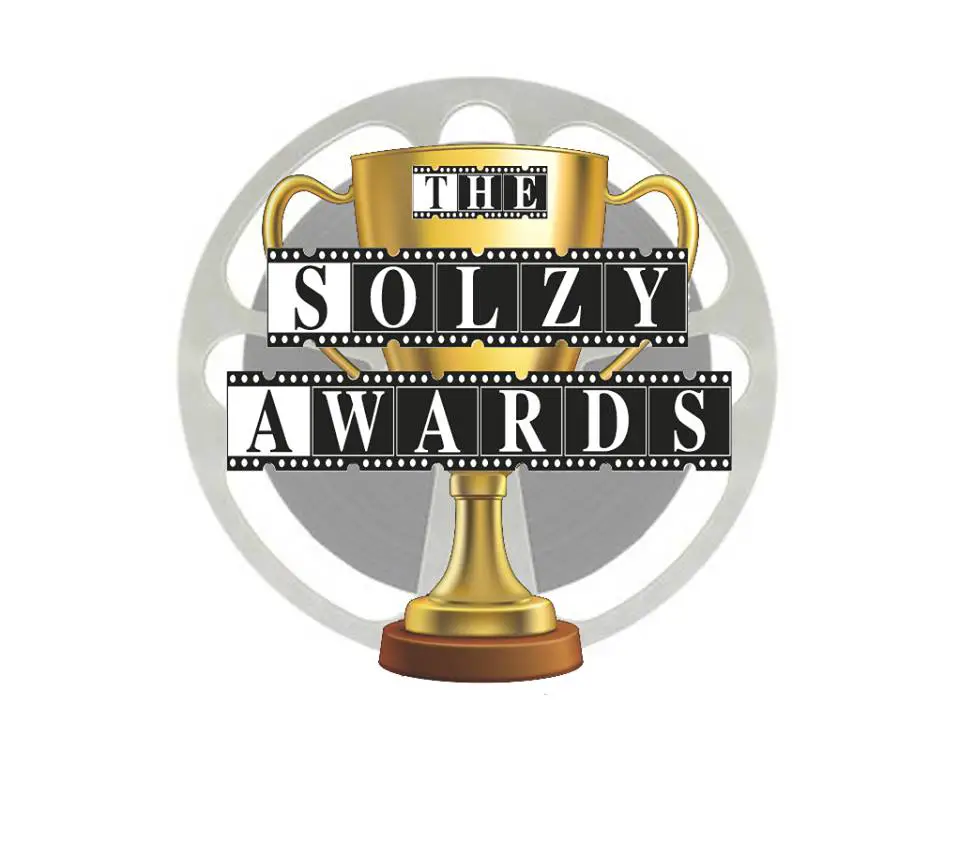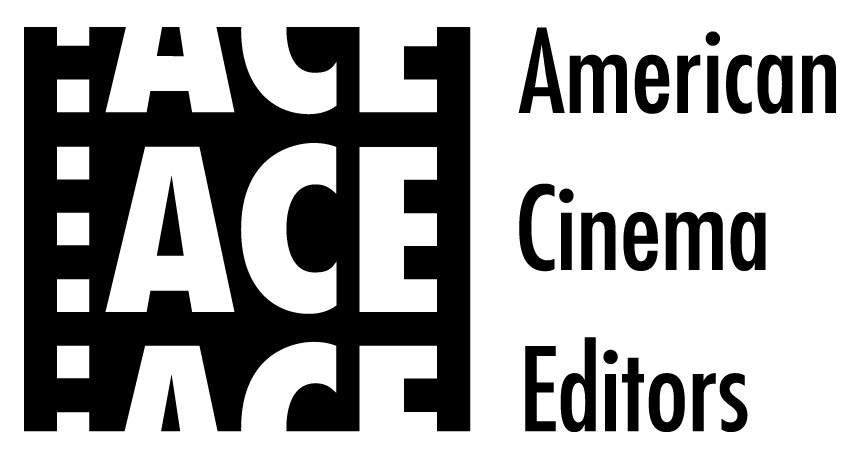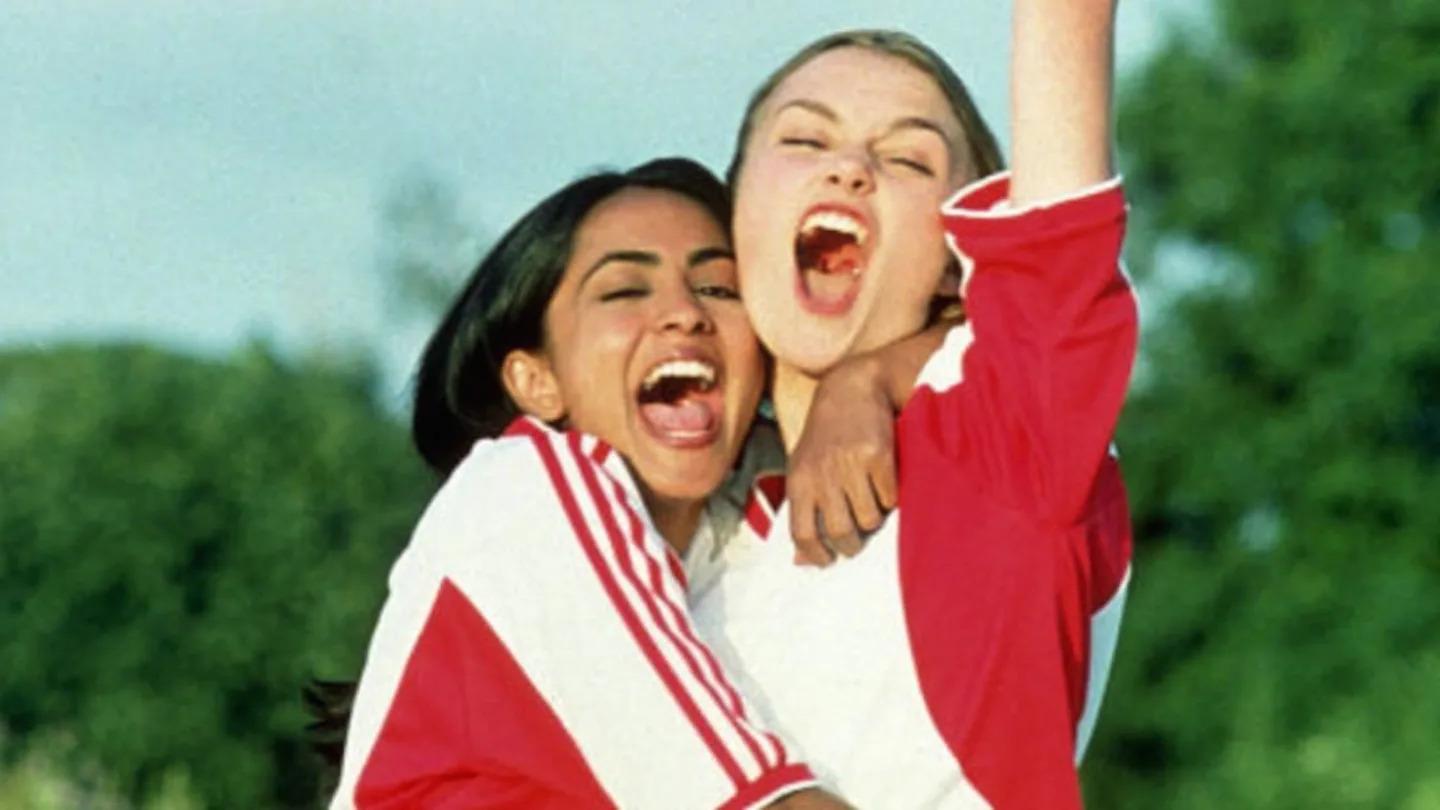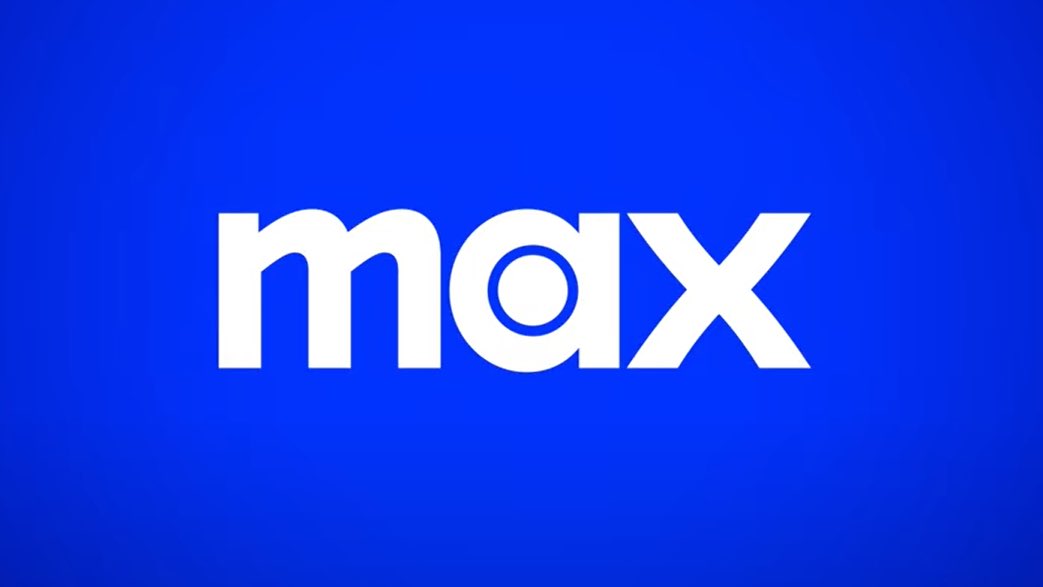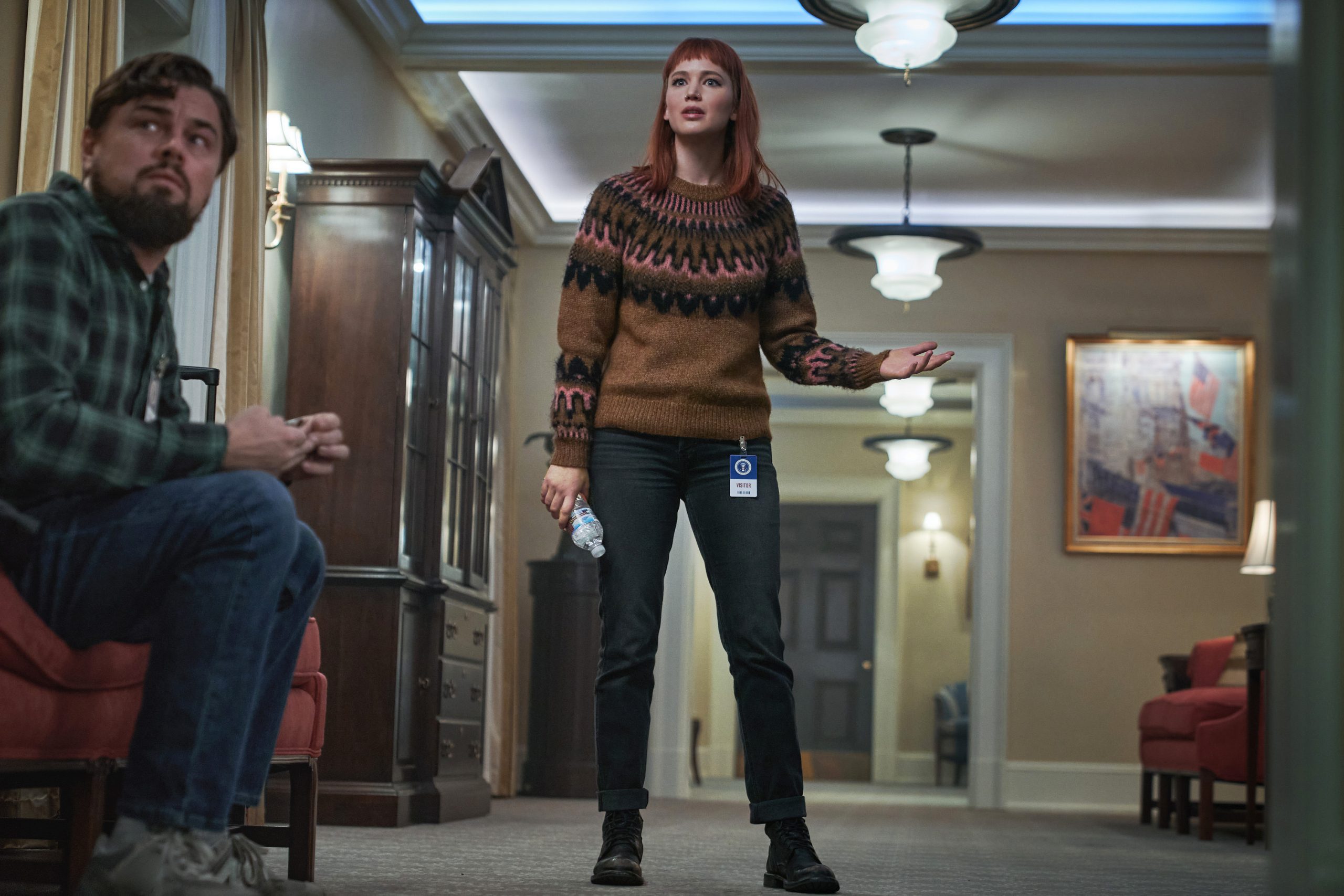
Two-time Academy Award-nominated film editor Hank Corwin spoke with Solzy at the Movies about working on Don’t Look Up.
The film marks the third collaboration between Corwin and Oscar-winning filmmaker Adam McKay. Corwin previously edited The Big Short and Vice, winning the BAFTA for the latter. This third collaboration is quite the departure from their last two films. In fact, Corwin told me earlier this month that he’s worried people will dismiss the film because it’s a comedy. When he started cutting the film, he didn’t want to do a comedy. The end result, of course, is one of the best pictures of the year.
Netflix will start streaming Don’t Look Up on December 24, 2021.
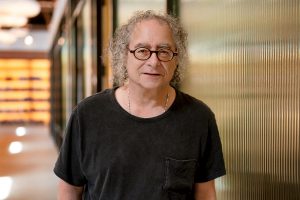
How quickly did you say yes to working on Don’t Look Up?
Hank Corwin: Instantly. He’s just such a talented director. He’s a good friend. We’ve done to others before. He’d been mulling this one over so when he finally said, “Let’s do it,” I was all over.
With working on three films now, what has the shorthand been like?
Hank Corwin: It’s interesting. He sits behind me; he lurks behind me. It’s a real collaboration, we just have fun. The way I like to work—most editing can be very artisanal. You put one shot next to another next to another. With this film especially, in order to catch the global nature of it, it almost became like putting the film together like a collage, as opposed to juxtaposing against another shot, which there’d be an emotional resonance between the two shots together. But this way, you could have a shot over here and then a shot that might conceivably not feel like it makes sense but five minutes later, 10 minutes later, half an hour later, it makes eminent sense.
On this film, did you start editing from the very first day they started shooting or do you typically wait until after photography wraps?
Hank Corwin: No, I was editing from the day I got dailies. It was a lot of fun.
How challenging is it with the pandemic?
Hank Corwin: It’s interesting because it was actually—being cloistered, I was working in my little cutting room above my garage. I had the dog. It was actually not that hard. I actually loved the singular experience of it all in the beginning. Ultimately, when they got back, we started going to Sony and we were getting tested all the time like everyone else. Honestly, the pandemic sort of focused me just because of the inherent subject matter of this film.
With a huge ensemble cast, how do you edit a film and still let everyone have their own moments to shine?
Hank Corwin: It’s easy because they all shine. Honestly, if I have a good performance, I just let it go. It’s my job not to cut if something is very truthful. It just seems like every one of our actors rose to the occasion. They all loved working with each other. Everyone was on their A game so it wasn’t really tough.
How long after photography wrapped you have a rough cut available?
Hank Corwin: It was a big sprawling movie. There are a lot of scenes that were abstracted and we had to photograph other stuff later. Probably a month and a half after principal photography wrapped, we had a very rough cut.
How long would you say the initial cut was?
Hank Corwin: I think it was about 3:10, 3:20. There’s just so much improvisation. You’ve got Meryl Streep improvising. You have Leonardo DiCaprio improvising. You don’t want to cut it and it’s all good. You have to see, you have to feel—it’s not like you can watch a scene and say, well, this is too long. This is too—you can’t. You have to watch the entire movie and say, Oh, my G-d, this is unwatchable because it’s so long. You have to go back and you have to sacrifice. There’s some amazing performances that just never made it.
During the CCA press conference for Don’t Look Up, Adam McKay was talking about how they did press conference bits with Meryl Streep, Jonah Hill, and Leonardo DiCaprio and they had to cut it out of the film.
Hank Corwin: It was crazy, Danielle. They were so spot-on. Meryl and Leo were sparking. They were so amazing and then you had Jonah, who—
He’s a master of the improv craft!
Hank Corwin: Isn’t he something?!?
Yeah.
Hank Corwin: I know you’re recording me but did you like the movie?
It’s my number one film of the year!
Hank Corwin: It’s great, isn’t it? I’m just really worried that people—if we can just talk like two people here, I’m just worried that people will not love this movie. They’ll see it as a comedy and dismiss it. It was a deliberate choice to—initially, when I started cutting, I didn’t want to do a comedy.
Really?
Hank Corwin: Yeah, no, it’s like, fuck that! (Laughs) Look, I don’t come from a comedy world. I come from Terrence Malick. I cut serious stuff. The subject matter doesn’t get any more serious. Thanks that Adam’s wisdom, really, we made it into a really funny comedy. It was really funny until it wasn’t. Those last couple reels—the last 20 minutes—of the film, to me, are just so the some of the most special stuff I’ve ever had the privilege to work on.
I have so many favorite moments in the film. When I was watching it, I was literally having moments where I’m sitting there like, that could very well have been in Network or Dr. Strangelove.
Hank Corwin: Isn’t that something?
When there’s applause last night the premiere for Leo after the Network moment, that is hands down one of my favorite moments in the film.
Hank Corwin: Wow, that’s so great. Yeah, initially, I was thinking, are people gonna think it’s too derivative? It’s his own slant on Network and it was so heartfelt. One of the things that was really interesting was just where the character ended and where the actor began. Many times you have these giant movie stars, and you say, shit, there’s Leonardo DiCaprio and as the editor, I was just completely lost in these characters. When I finally met Leo, I was a little disappointed (Laughs). You know what I mean? I fell in love with Randall Mandy. I love my characters. I have yet to speak to Jen Lawrence. I am so in love with her character. I don’t want to break the spell but they were that good.
Speaking of Jennifer, can you talk about cutting through the scenes that she was in and her work in the film in general?
Hank Corwin: It’s really special working on her scenes. I’d never cut anything with her. She’s so nuanced. Some of her gestures were so tiny and so internal. There was so much pain and femininity but mixed in with strength. I might be the only person in the world that captures it. She just transfixed me. I just loved her performance.
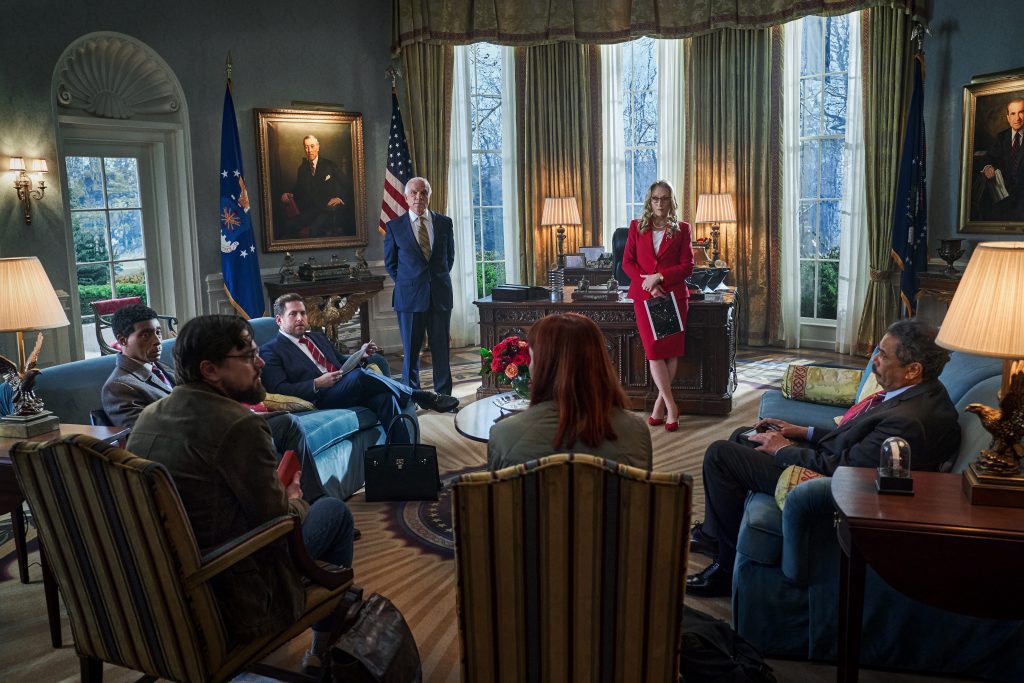
Is there a scene or sequence in the film that you found challenging to edit?
Hank Corwin: I’m sure Adam would probably tell you the first Oval Office scene and not because it was tough to cut. It was because there was too much. They took some of the greatest actors on the planet. They put them in a room and shot them for two days. They were improvising everything they were doing was fantastic. This was truly a case in point where if Jonah was to over the top, you would feel it in the film in half an hour. But you wouldn’t know it when you were cutting it. Also, I think the initial Oval Office scene was 16 minutes long, which is just way too long.
Yeah.
Hank Corwin: That was—every film for me, anyway, because I’m a pretty limited guy, there’s always a scene that’s a killer and that lasts for the duration of the entirety of the cut. I’m cutting from the beginning of the cut to the end of the cut and that was it. Again, it was only just finding the tone. Is it funny? How funny? Like Jennifer, she was able to just impart the sadness that that bounced off of Jonah’s joviality and Leo’s cluelessness and then Meryl, of course. It was just a tight-wire walk, cutting that scene.
How did you first get an interest in editing?
Hank Corwin: I wanted to be a writer. I came to New York. I finished school. I went to Berkeley and I followed my girlfriend here in New York. I got a job writing little plays and I realized I was a terrible writer so I admire what you do. But I just got a job. I did every—I was a bartender, I was a cab driver. I got a job carrying film cans at a little commercial editing company. I was very young; I was in my early 20s. It was the first thing I’d ever done that I really liked that I didn’t get fired from, that I was actually good at. That’s how. I didn’t go to school. I grew up in a small town in New Hampshire. I didn’t really know about film. It was an evolution for me.
It’s kind of like me. I fluked into writing about film. I moved to Chicago for improv!
Hank Corwin: Did you really?
Yeah. I studied classes at Second City and then somewhere along the way, I became a film critic and the rest is history. Before Adam deleted his Facebook account, we were Facebook friends.
Hank Corwin: Okay. How do you like the state of film criticism these days?
We’re in this weird state right now because you’ve got so many of these sites that just don’t have the freelance budgets they used to have before the pandemic. I was actually making a decent amount of money each month and now I’m lucky if I can get any freelance work in.
Hank Corwin: I’m sorry—
I’ve got my own website, which is great, but the freelance opportunities are just not there like they used to be before the pandemic.
Hank Corwin: Do you think it’s because of the pandemic or?
Yeah, it’s affecting advertising budgets. I think we’re slowly getting back. Maybe by the end of next year but we’re not there quite yet.
Hank Corwin: Yeah. I’ve read some of your stuff. You’re good.
Thanks!
Hank Corwin: But the thing is, ultimately, I think that’s what will pull you through. It’s kind of like our movie in that there’s so much information out there, how do you delineate what’s the truth, what’s good. I think, ultimately, at the end of the day, the people who really strive, really work at it, and really work hard will just come to the forefront and I hope that’s you.
Thank you. That means a lot.
Hank Corwin: Cool.
Netflix will start streaming Don’t Look Up on December 24, 2021.
Please subscribe to Solzy at the Movies on Substack.
